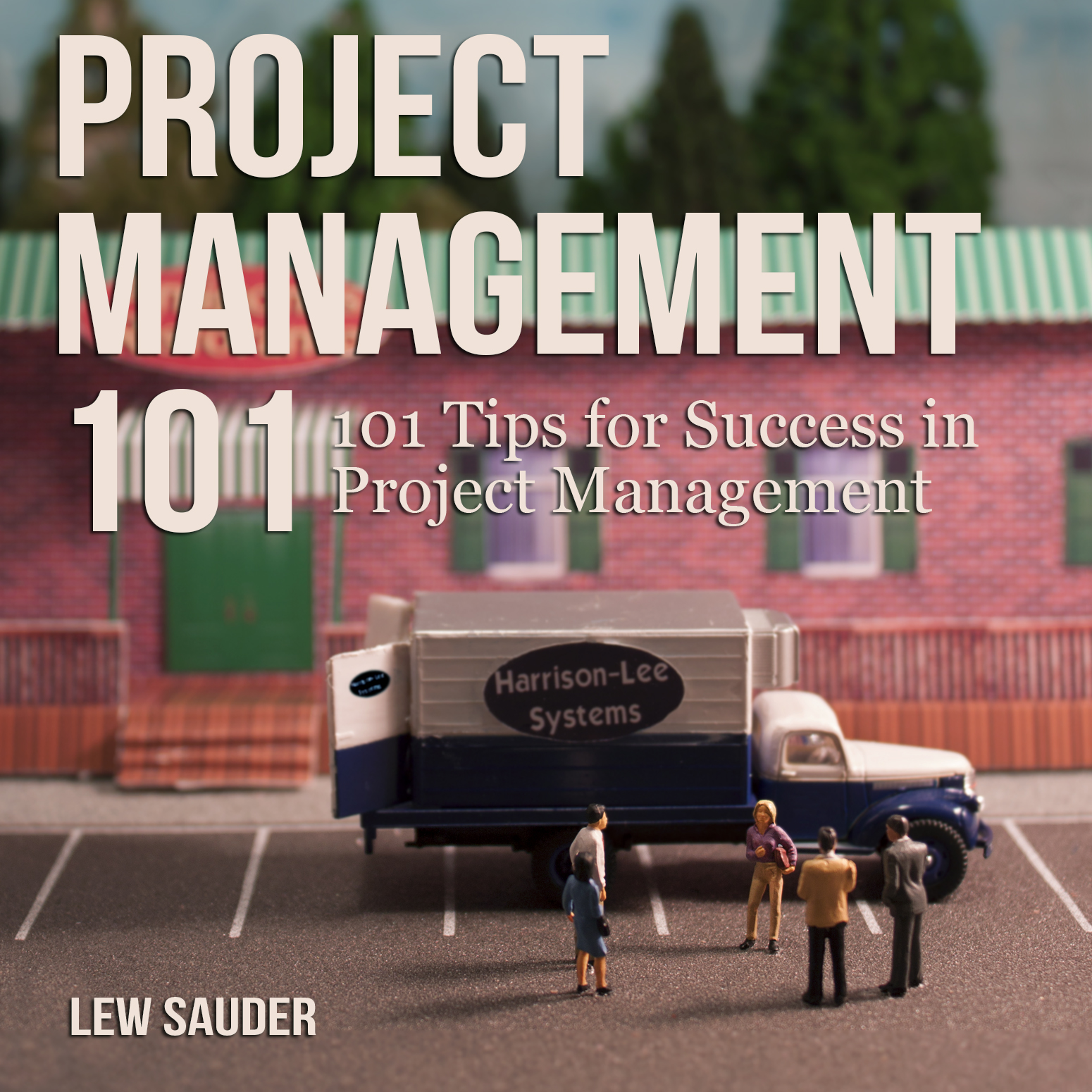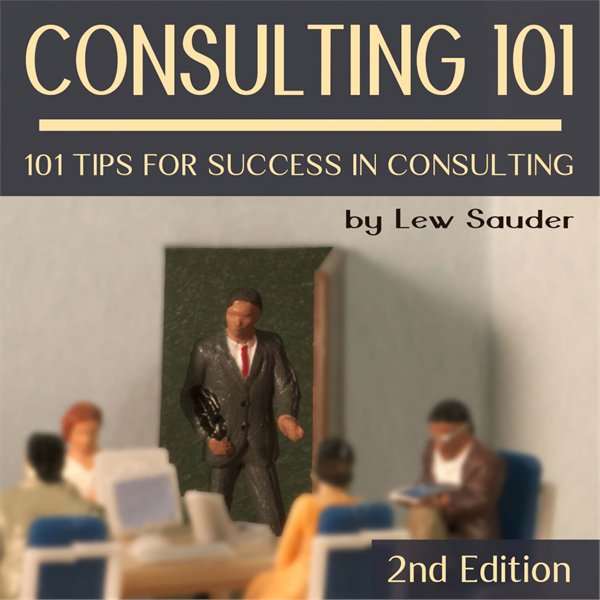We are in the middle of the COVID-19 Recession. Millions of people have been put out of work. Unemployment levels have exceeded those of the great recession of 2007-08. We are now comparing it to the Great Depression.
Unemployment has hit project and program managers significantly. With that many people out of work, there is a lot of competition in the job market. Companies that post a position are immediately inundated with resumes. In a market like that, it can be discouraging. I know the feeling of sending multiple resumes daily only to get negative responses, or no response at all.
It is important to maintain optimism and perseverance in this environment. You must remember that it is not a matter of if, but when you will be employed. There are some things you can do to improve your odds.
Treat the Job Search Like a Job
Just like you do at work, create a to-do list for your daily tasks. Establish goals and a plan for the day and week to reach out to individuals, apply for jobs or just investigate companies. Taking advantage of the extra time provides you the option of digging deeper and working harder on each job.
Determine the time of day that your head is clearest. Some people are morning people and some like to work better in the afternoon. When a company reaches out to schedule an interview, try to schedule it in your sweet spot of the day when you can be most alert and comfortable.
Get Some Training
If you are out of work, this may be a great time to get training in some area you have been meaning to advance your skills. If there is a certification that you lack, which you see come up frequently in job descriptions, now may be a good time to get it.
If being unemployed means you have limited funding to pay for training, there are alternatives. There are affordable online training platforms that provide quality training. Here is a link to a summary of those platforms for you to investigate.
Additionally, if you are unemployed, the Workforce Innovation and Opportunity Act (WIOA) can help. This is a government program that provides funding to people for career training. This is need-based. But if you can prove that you have the need for specific skills or certifications, you may be eligible.
Investigate Companies
When applying to companies for open positions, standard advice is to do your homework. Understand what the company does before you talk to them. The advice I always followed was not to ask them a question that you could learn from their own website.
If you are not working and have some additional time, this is an excellent opportunity to go above and beyond. Investigate the company’s industry, their competitive landscape, and how they fit into it. Understand their strategic specialty within their industry.
When you hold your first conversation with someone from that company, you do not want spew all the information you know about them. But the knowledge you do have will allow you to ask intelligent questions. Ask questions about their products and how they go to market. If appropriate, dig into their supply chain or areas that apply to the job you are applying to. This will show them that you have an interest in their company and have done your homework.
Strengthen Your Personal Brand
Since you are competing with a lot of other competent people in the market, you need to differentiate yourself. Publishing relevant content is a great way to do this. If you have a blog, it is a good time to increase your posting frequency. You can also write a guest post on someone else’s blog.
Find an area that you have a fair amount of expertise on. Write up a professional article that allows you to share your knowledge. Once you post it, share it on all of your social media outlets.
Speaking of social media, LinkedIn is a great way to strengthen your brand. Post relevant information on LinkedIn. Read articles related to your base of knowledge and post them on LinkedIn with a comment that provides your two cents on it.
Meaningfully Connect with Your Network
While you are on LinkedIn, it is a good time to reach out to the people you are connected to. The key is to do it in a meaningful way. Many people make the mistake of reaching out to a connection they have not talked to since they first connected five years ago. They send a message saying they are looking for work and ask for help.
You may get some people who reply and actually help, but it is not a positive way to connect. Instead, reach out and ask them how they are doing. Whether your connection is employed or not, they are likely going through some type of anxiety. The Pandemic has most of us on edge. We are all worried about the economy, our health, the education situation, and a thousand other things. Check in on your connection and see how they are doing.
Once you have established a conversation, let them know that you are in the market. It will still be transparent to your connection that that is why you are reaching out. But they will be more likely to help knowing that you were concerned about their well-being.
Treat Yourself Well
There can be a feeling of rejection when a company tells you they no longer need you. It can cause people to get depressed and develop a complex. It is very important not to get down on yourself. Keep in mind the skills you have and the value you have provided in your career to date.
Part of that mind set is to stay healthy. Use some of your time to get some exercise. If you do not belong to a fitness center – or are uncomfortable going there because of the pandemic – there are alternatives. Take walks. Run. Go for a bike ride. There are many forms of exercise you can engage in that do not cost money.
In addition to exercising, follow a healthy diet. That does not need to be restrictive. Simply watch you portion sizes. Cut back on alcohol and drink lots of water.
Another way to treat yourself well is to try to enjoy the extra time you have. Read some of the books you have put off because you were too busy. Catch up with friends through email, phone calls or video calls. Make a list of things you have always wondered about and research them online.
It can be hard to think positively when there do not seem to be any current job prospects. But you will increase your chances of landing a job if you have a more positive outlook. Meditation works for many. There are phone apps that will guide you through some sessions for free. If you are able, subscribe to some that will give you additional sessions. Otherwise, there is a lot of information online that can help you get started meditating.
Conclusion
Being out of a job is always a difficult time. Being out of a job during a deep recession and a pandemic can be even tougher. It is important to stay focused and maintain an optimistic and intentional approach. Make a plan and follow it. Make adjustments as you go. Remember to take time to enjoy yourself and make efforts to calm yourself.
You will get through this. It may not be easy, but you will come out stronger in the end.
What tips have you learned as part of your COVID-19 recession job search?
If you would like to learn more about a career in Project Management, get Lew’s book Project Management 101: 101 Tips for Success in Project Management on Amazon.
Please feel free to provide feedback in the comments section below.
Image courtesy of Stuart Miles at FreeDigitalPhotos.net






0 Comments